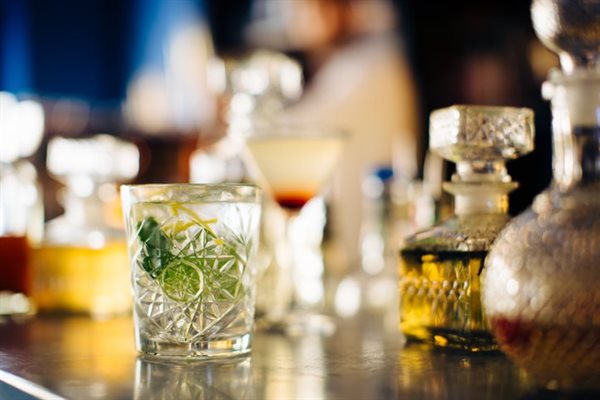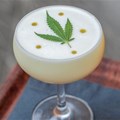Curated, experiential and tailored experiences were at the forefront of South Africa's alcohol consumption trends in 2019. With brands driving loyalty, they've also increasingly used local nuances to connect more with their consumers in a bid to be more authentic.

Michael Lebona
Last year also saw an increased level of responsible drinking messaging from alcoholic beverage manufacturers, continuing well beyond the festive season.
Here are five trends expected to impact the spirits category in 2020.
1. Gin to continue its winning streak
Gin rode the wave last year and will continue its dominance over other spirits in 2020 because of its universal appeal. Consumers appreciate it because it can be served in many variations, it can be shared across sexes and is well suited for the South African climate.
This continued growth of gin is in line with global trends. We are likely going to see this trend continuing for at least another two years, similar to the rise of Vodka five years ago.
With well over 300 gins in the South African market driven by local craft, affordable and premium/super-premium gins, this category will continue to drive growth for companies that have a strong portfolio and world-class execution.
2. The rise of premium
The premium rum trend will gain momentum in 2020 driven in the on-trade by the bar community. The Champagne and Cognac train will continue as the black middle-class increases in South Africa. MCC’s won’t be left behind as the rise of sparkling wine continues, as consumers continue to celebrate milestones with bubbles.
Lastly, with the severe economic pressure that consumers are facing, ready to drink (RTD) and international beers will continue to drive category growth as consumers use the international brand credentials and accessible price point to differentiate themselves from their peers.
3. Innovation remains key
Innovation is key and will play a significant role through pack changes, brand extensions, new flavours and new exciting rituals which will provide new consumer experiences.
4. Health boom in non-alcoholic drinks
South Africans, like their counterparts across the United States and Europe, have become very health conscious. We are noticing an increasing trend of 0% Alcohol By Volume (ABV) brands entering the market across beers and spirits.
This can also be attributed to rising levels of awareness of the dangers of drinking and driving. The alcohol industry continues to drive awareness of alcohol abuse under the auspices of Aware.org. Pernod Ricard introduced its 1-4-1 initiative encouraging the consumption of one glass of water for every alcoholic beverage, in late 2018.
Increasingly consumers are choosing brands that uphold sustainable business practices. Care for the environment, circular-making in terms of recycling of packaging and promoting fair practices amongst employees are boxes alcohol producers are expected to tick.
5. Alcohol in the media
The liquor industry is a significant contributor to South Africa’s GDP, creating a solid revenue stream through Sin Tax and VAT. With the advertising of alcohol still allowed, liquor companies will continue to spend millions on TVCs, OOH billboards, sponsorships across sports, lifestyle, music and festivals.
With the increase of Ultra-High Net Worth Individuals (UHNWI) in South Africa, the purchase of rare spirits, in particular whiskey, will also considerably rise as they look to enjoy their hard-earned wealth.












































